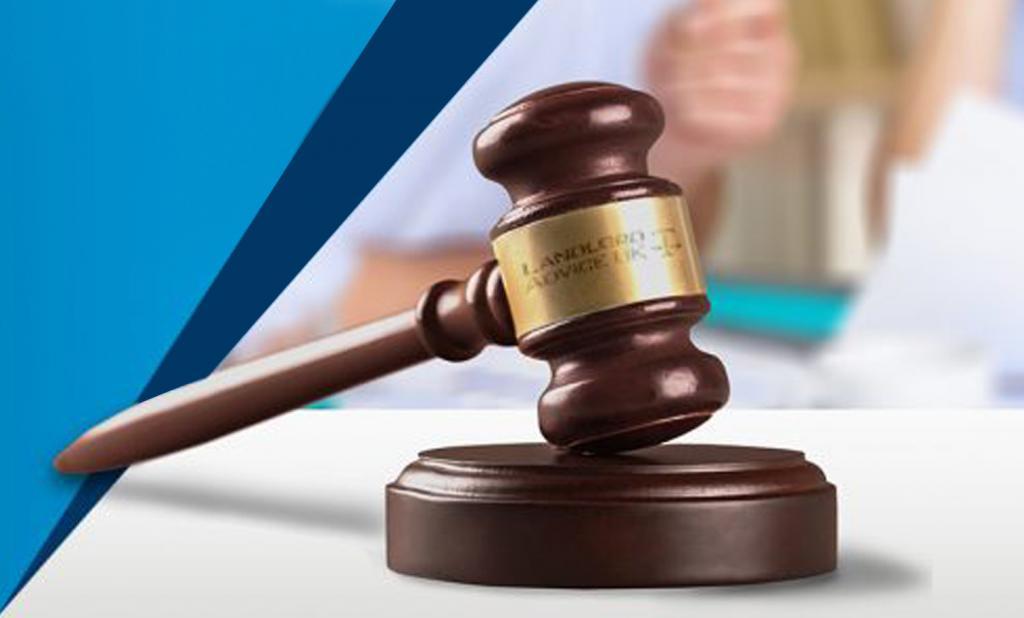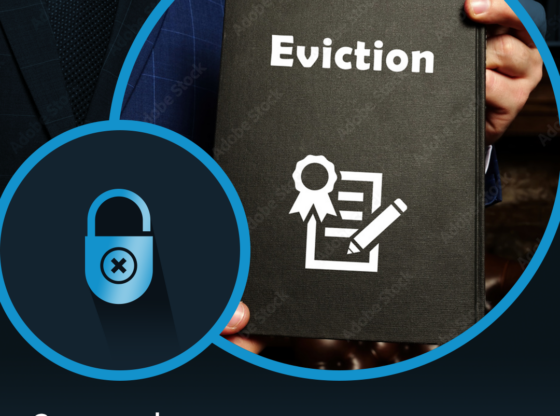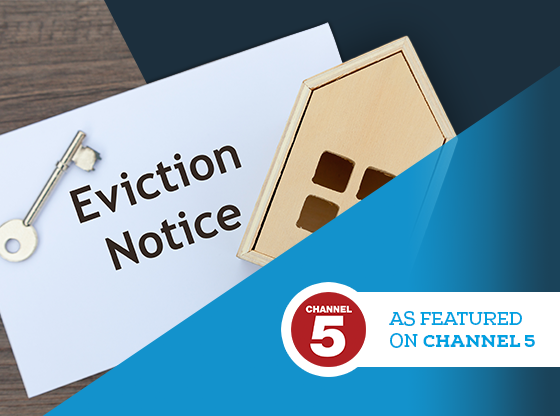The Tenant Fees Bill is now expected to come into force on 1 June 2019. Once the Bill receives Royal Assent it will apply to all new tenancies or renewed tenancies after this date.
The Bill confirms that permitted payments are:
- Rent
- Deposits
- Holding Deposits
- Utility payments
- Payment for tenant default associated with lost keys or late rent.
Any payment that is not a permitted payment as referred to above will be a prohibited payment which means agents will no longer be able to charge tenants for, but not limited to, the following:
- Inventories
- Referencing and Credit checks
- General administrative fees for example for telephone calls
- Charging for a guarantor form
- Charges for service of notices
- Charges for drawing up the tenancy agreement
- Charges for Right to Rent immigration checks
- Charges for renewing your tenancy
- Charges for a change of tenant
- Charges for early termination under a break clause
- Charges for a professional clean
The Bill shall apply to England & Wales, though there will be differences in how the Bill is enforced by local authorities in England and like other minor differences as to the operation of the Bill in England and Wales.
Consequences of Non-Compliance
Where an agent or landlord does take a prohibited payment from a tenant or any person acting on behalf of a tenant they may face a penalty of no less than £5,000 but no more than £30,000. Additionally, the repayment of prohibited fee taken must be repaid.
Local authorities will also have investigatory powers and powers to assist the recovery of prohibited payments that are made.
It is important to note that the changes made to the Bill by the House of Lords have yet to be approved by the Commons. This means that the final version of the Bill is not yet known and therefore the above lists may be subject to change, although agents should certainly plan for the Bill coming into force.
Upon the final version of the Bill being published we will provide an update on permitted and prohibited payments and all other important information as to how the Bill will operate.
Date: 31 January 2019











